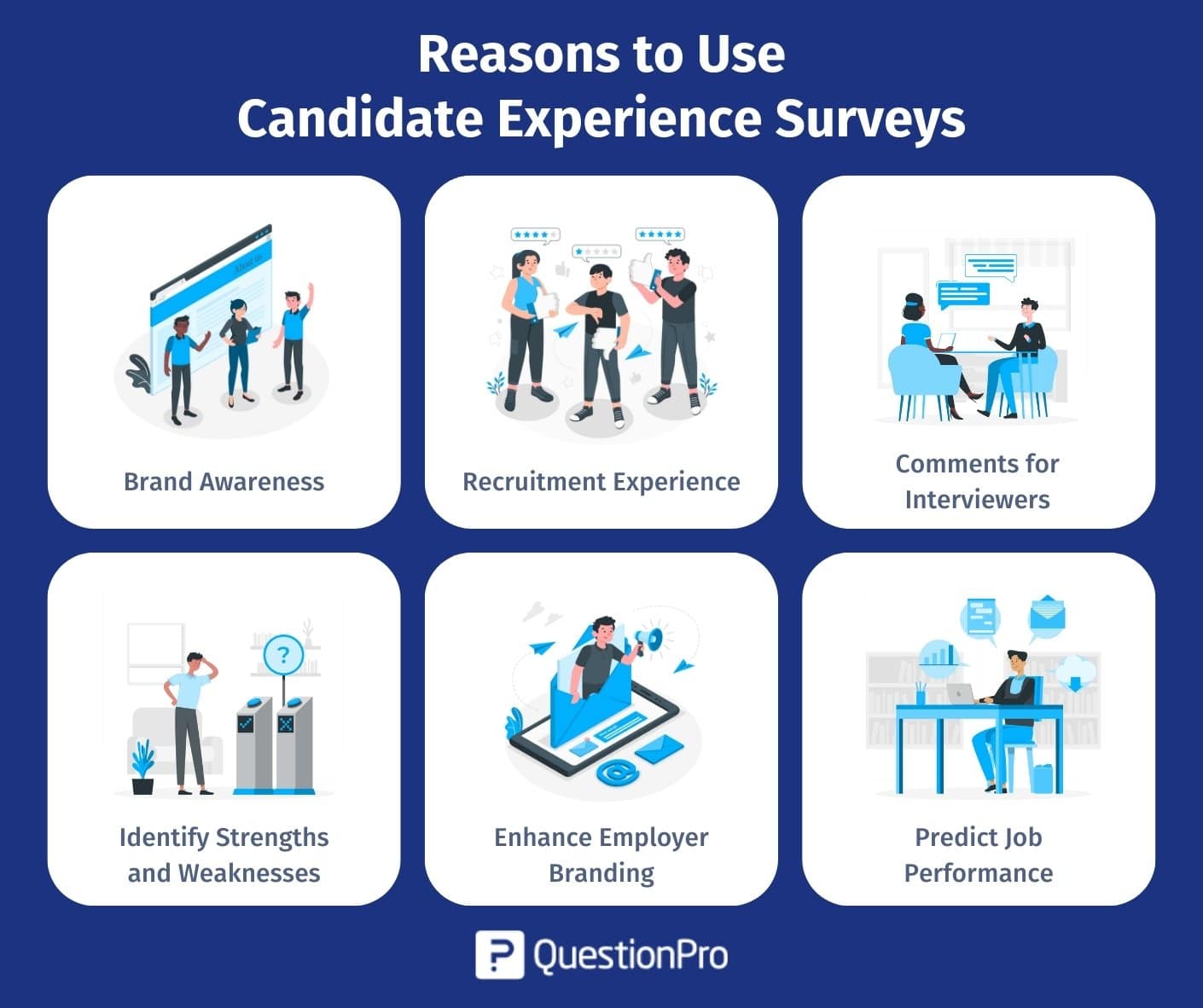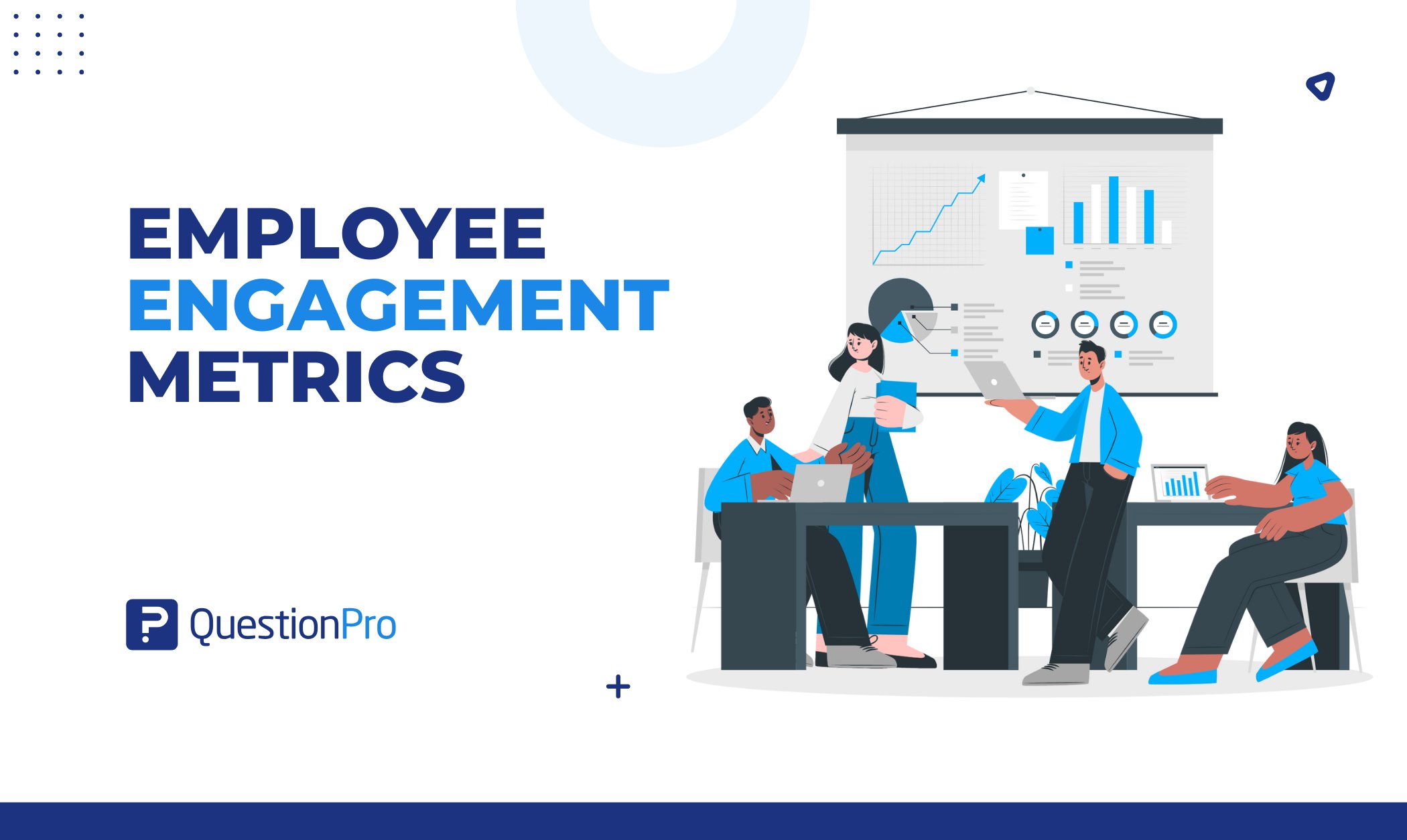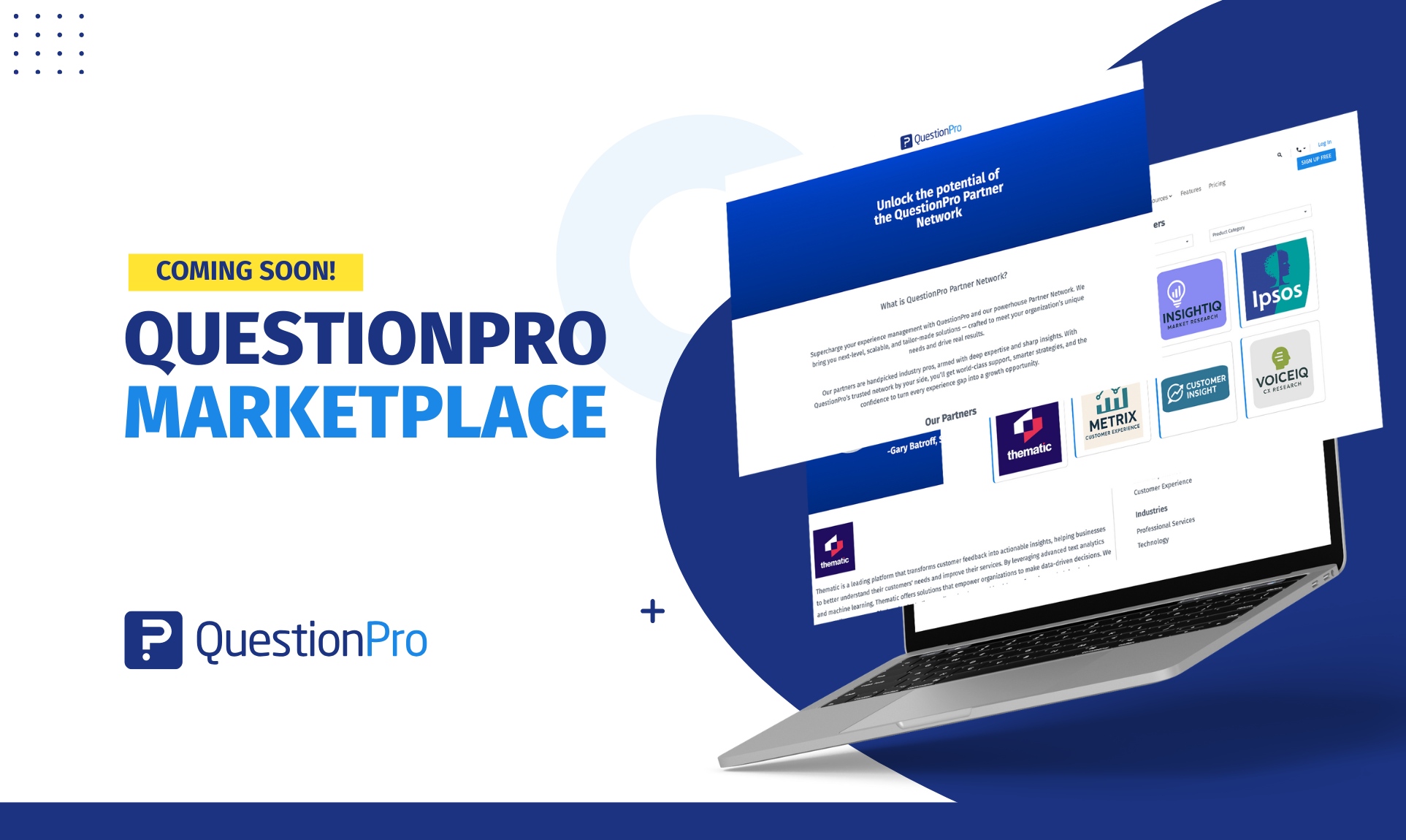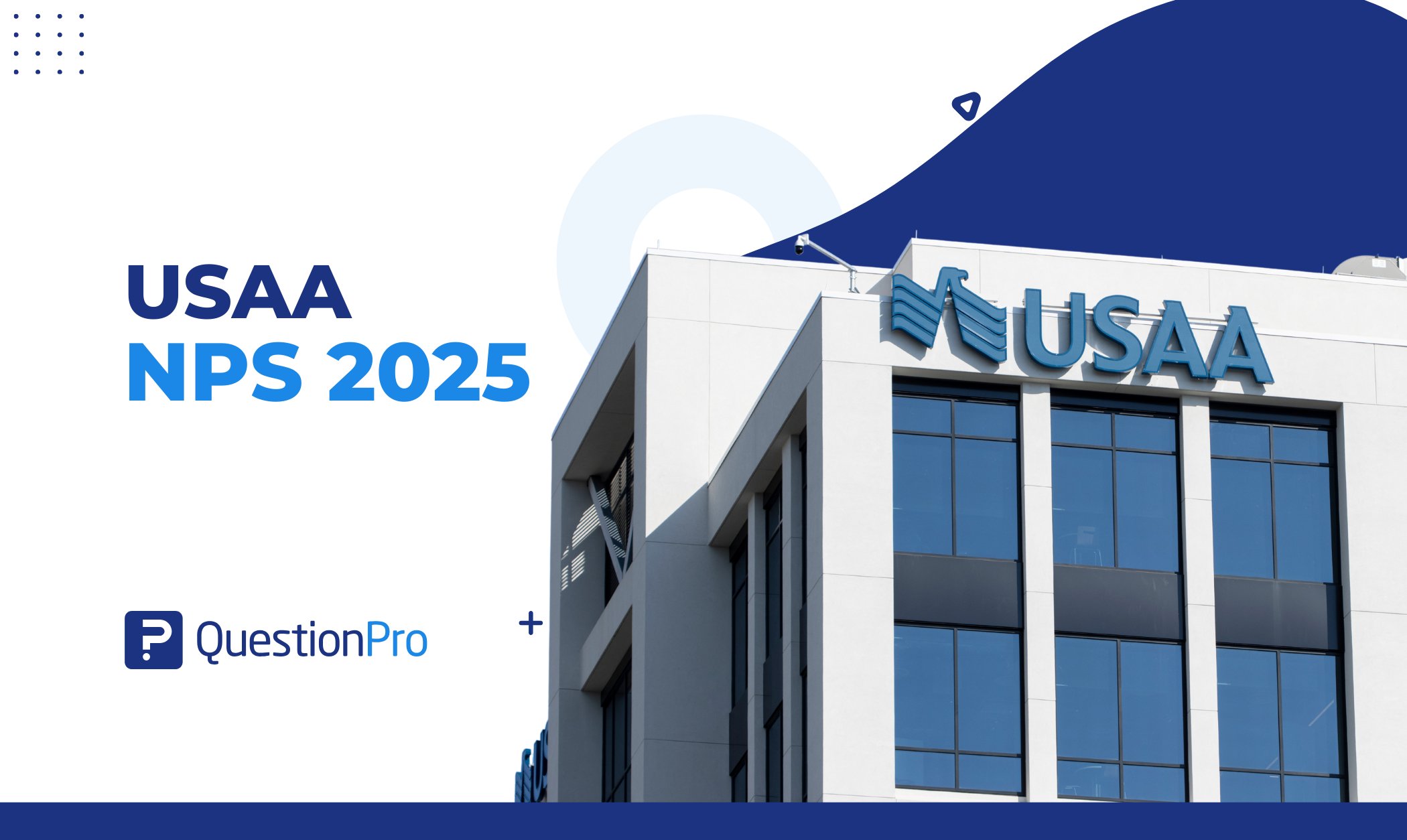
HR professionals’ main goal in conducting a candidate experience survey is to improve and optimize their recruiting strategies and acceptance rates. But how can HR professionals make this process better, swifter, and more inclusive?
It is essential for most companies since it gives potential employees an authentic look into how the company works even before they are employed. Keep reading to learn how candidate experience surveys are the go-to strategy for data-driven professionals.
What is a candidate experience survey?
In its essence, a candidate experience survey is a survey that happens during or after the applicant’s recruiting process. These are usually conducted by the Human Resources (HR) team to enhance and optimize their process and, by extension, the company.
Measuring this experience through HR surveys allows companies to collect valuable feedback, identify blind spots in the application process, and help increase hiring and retention rates.
In today’s highly opinionated and communicative world, this kind of survey is most likely the greatest approach to collect such valuable information, given that the questions are designed to directly ask applicants what they really thought of the (usually many!) steps of your recruitment questions — and, best of all, anonymously and unfiltered.
That’s why this experience survey will provide you with honest and accurate information to assess, in real-world terms, how a candidate’s experience was.
Importance of using a candidate experience survey
You might be asking yourself why I do this if I already have a mountain of work and tons of data points I haven’t analyzed yet. According to a Career Arc poll, nearly 60% of rejected candidates have had a poor experience applying to a job; worse, 72% of those shared the experience online or with someone.
The same survey revealed that, on average, candidates spend 3-4 hours preparing and submitting info, while HR execs spend less than 15 minutes reviewing them.
Here are some of the key reasons why the survey is important:
Feedback for improvement
Candidate experience surveys allow companies to get feedback directly from candidates who have gone through the recruitment process. This feedback is invaluable for identifying areas that need improvement, such as communication, interview process, application experience, and overall candidate satisfaction.
Enhancing employer brand
The candidate’s experience significantly impacts an organization’s employer brand. Candidates who have a positive experience, even if they are not selected, are more likely to speak positively about the company and recommend it to others. On the other hand, candidates with a negative experience may share their opinions, leading to a damaged reputation. By collecting feedback through a survey, companies can address issues and strengthen their employer brand.
Identifying strengths and weaknesses
This helps companies understand their strengths and weaknesses in the employee recruitment process. Knowing what they do well and what they need to improve upon enables organizations to optimize their approach and provide a better participant experience.
Data-driven decision making
Gathering data through surveys provides objective insights into this experience. HR and recruitment teams can use this data to make informed decisions, refine their strategies, and allocate resources more effectively.
Competitive advantage
A positive candidate experience can give an organization a competitive advantage in the job market. Candidates often compare their experiences with multiple employers, and those with a better participant experience are more likely to attract top talent.
Improved candidate pool
A positive experience encourages individuals to apply again for future job openings even if they were not selected previously. This can lead to a larger, more engaged talent pool for future recruitment efforts.
Employee referrals
Candidates who have great experience, even if they were not hired, may still become advocates for the organization. They might refer other talented individuals they know to apply, expanding the potential talent pool.
Metrics for tracking progress
Implementing candidate experience surveys on a regular basis allows companies to track their progress over time. By comparing the results from different periods, organizations can see how their efforts to improve the participant experience are impacting their recruitment success.
Best practices of candidate experience surveys
Candidate experience surveys are crucial for organizations to gather feedback and improve their recruitment processes. Here are some best practices to ensure the effectiveness and usefulness of these surveys:
- Timing is crucial: Send out the survey promptly after the candidate’s interaction with your organization. This ensures that their experience is fresh in their minds, leading to more accurate and detailed responses.
- Keep it short and focused: Respect the candidate’s time by keeping the survey concise and relevant. Focus on key aspects of the recruitment process, such as application experience, interview process, communication, and overall impression.
- Use a mix of question types: Utilize a combination of multiple-choice, rating scales, and open-ended questions. This allows for both quantitative data and qualitative insight, giving a more comprehensive understanding of the candidate’s experience.
- Ask about specific touchpoints: Tailor questions to address different stages of the candidate journey, from initial application to post-interview communication. This helps pinpoint areas that may need improvement.
- Ensure anonymity and confidentiality: Assure candidates that their responses will be kept confidential and that the survey is anonymous. This encourages honest feedback, even if it includes negative experiences.
- Mobile-friendly design: Ensure that the survey is mobile-responsive, as many candidates may access it from their smartphones or tablets.
- Integrate candidate feedback into the hiring process: Use the insights from candidate experience surveys to make data-driven decisions and continuously refine your recruitment strategies.
Reasons to use candidate experience surveys
Using a candidate experience survey template is beneficial for various reasons, as they provide valuable insight and benefits to both organizations and candidates. Here are some of the key reasons to use candidate surveys:

1. Brand awareness
Brand awareness plays an important role when hiring new employees. Both overall brand awareness and perceptions come from the company culture, which brings the brand to life, and the way it speaks to employees and potential customers.
2. Recruitment experience
The recruitment process is getting shorter as time goes on. You can use constant feedback to track progress if you want to shorten the hiring process. Communication and transparency within the processes are essential factors that define the participant experience.
3. Comments for interviewers
Surveying candidates and new hires may be the best for training. It is not a direct part of the recruiting role, but they work collaboratively with the hiring team, hiring managers, and the broader HR organization. To keep the process closed and ensure a bad interview doesn’t let down candidates, seize the moment and train new managers to be interviewers.
4. Identify strengths and weaknesses
Candidate surveys can help organizations identify the strengths and weaknesses of their recruitment process. Feedback from candidates provides valuable insights into what aspects of the process are working well and which areas need improvement.
5. Enhance employer branding
Positive feedback from candidates can be used to enhance an organization’s employer branding efforts. When candidates have a positive experience during the recruitment process, they are more likely to speak positively about the company, whether they are offered the position or not.
6. Predict job performance
Certain survey questions can help predict potential job applicants’ performance. By asking about specific skills, experiences, or hypothetical scenarios, organizations can gain insights into how well candidates might perform in the role.
Candidate experience survey questions
Only ask the most important candidate experience survey questions about your talent acquisition goals to keep candidates engaged. Here are some examples of candidate experience survey questions:
When designing candidate experience survey questions, it’s important to gather feedback that will provide valuable insights into the recruitment and hiring process. Here are some sample survey questions to help you get started:
- How did you first hear about our company and the job opening you applied for?
- How would you rate the clarity and comprehensiveness of the job description?
- Did the application process meet your expectations in terms of ease and user-friendliness?
- How satisfied were you with the communication during the application process (e.g., acknowledgment emails, updates on the application status)?
- Were the interview scheduling and logistics handled smoothly?
- Please rate the professionalism and friendliness of the interviewers.
- Were you provided enough information about the organization, its values, and its culture during the interview?
- How comfortable did you feel asking questions or seeking clarification during the interviews?
- Did you receive timely and constructive feedback after the interviews?
- How would you rate the overall candidate experience from the application stage to the final decision?
- Did you feel that the selection process was fair and unbiased?
- Were the interview questions relevant to the role you applied for?
- Did you find the recruitment team approachable and responsive to your inquiries?
- How likely are you to recommend our company to a friend or colleague based on your candidate experience?
- Is there anything we could have done differently to improve your candidate experience?
- Were you comfortable with the duration of the recruitment process?
- Did you feel valued and appreciated as a candidate throughout the process?
- How well did the hiring process align with your expectations?
- Were there any elements of the process that stood out positively for you?
- Were there any aspects of the process that you found particularly challenging or frustrating?
The following questions should have strongly agree, neither agree nor disagree, and strongly disagree as answer options.
- The application enabled me to demonstrate my fit with the position
- The technology used during the application process was easy to use
- The recruiter answered all of my questions
- The recruiter was clear about the next steps
- The recruiter responded to my questions on a timely basis
- Overall, I am satisfied with the recruiting process at [your company]
- I would recommend [your company] to others
- The application process met my expectations
Conclusion
The candidate experience survey is an indispensable tool in understanding the candidate journey, identifying areas for improvement, and refining your recruitment strategy. By leveraging the insights gained from these surveys, you can create a more efficient, candidate-centric recruitment process that benefits both the rejected candidates and qualified candidates as well as your organization in the long run.
Ready to create a workplace culture where everyone can reach their full potential? Learn more about getting ongoing feedback from your employees and start taking action to positively impact your organization with QuestionPro Workforce.







